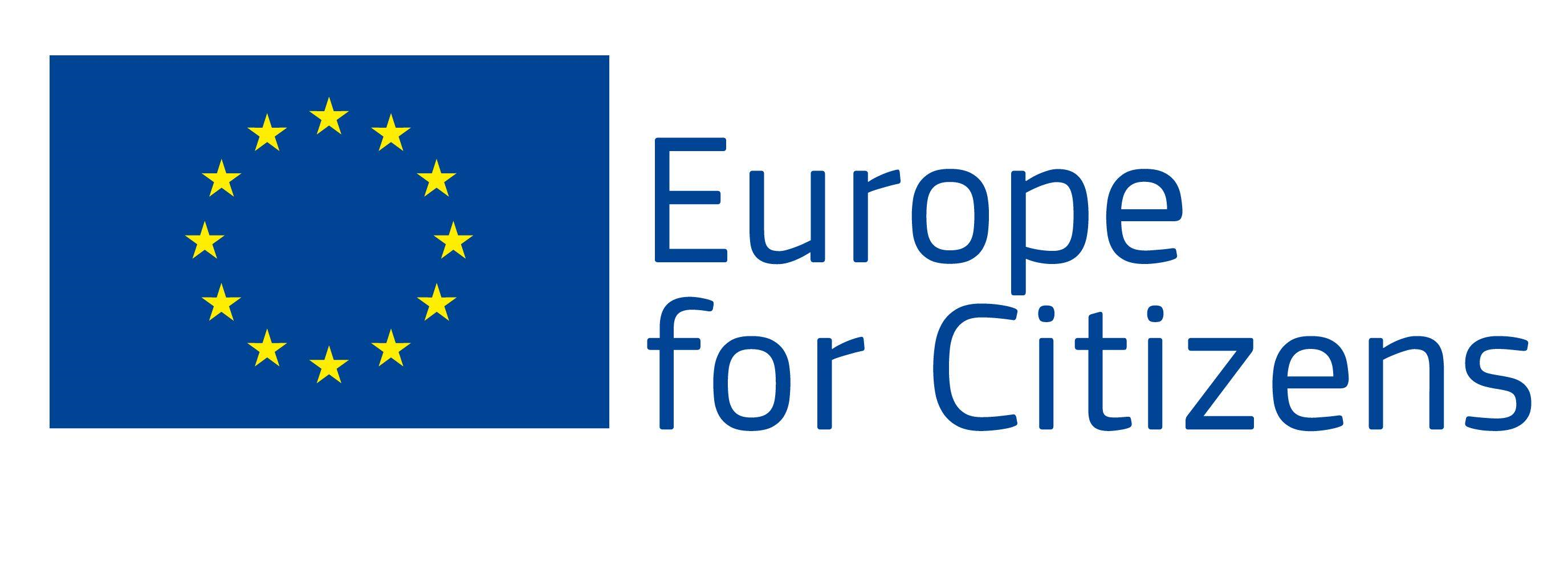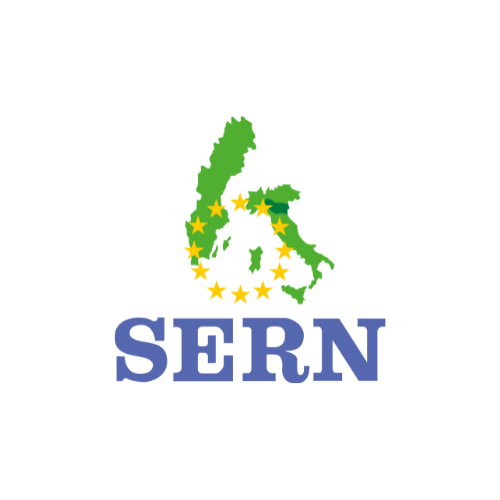

Europe for Citizens

The innovative aspect of this network stands in the approach to the process, in which educational providers, labour market actors, health and care services both public and private, NGO’s and civil society are foreseen to interact and develop actions fostering closer ties between education and labour market. We hope to create permanent means of collaboration that are aimed at finding coherent and cost efficient ways of covering the future needs of the sector. How can the employers, both public and private in the field of health and care services and the education providers in this field collaborate in order to meet future demands on skills in the field of health and care services? The background of that discussion is the demographic changes in Europe, with accelerating rates of elderly people that require greater societal involvement in services for health and care and the expected gap between the services provided and the future needs of elderly and their relatives. The development and changes in the diagnosis for handicap and disability makes it necessary to create new methods in services to the people entitled to support. Also the handicapped require more societal involvement in services for health and care. These changes require new skills and training for the persons working in the field.
The objectives of the project are:
1) To explore more suitable relations between labour market and education by exchanging knowledge and experience
2) To create innovative ways of cooperation between labour market and educational sector
3) To create a transnational management group in this field
It constituted the most effective way to promote active citizenship and to learn about another culture by developing at the same time the sense of a direct contribution to the European integration process. The fact of being part of job shadowing activities, gives a unique opportunity to the target groups that differs substantially by the traditional seminar-based type of project.
The project moreover encouraged interaction between citizens and organizations from the countries since each participant had to participate actively in the exchanges, which lead to interaction on a transnational level, as well as on an individual level. As far as the specific priorities the project dealt with issues related to the topic of the European Year of combating poverty and social exclusion. Several of the participating organizations involved, were social cooperatives who promoted social inclusion by supporting people in vulnerable situations. The project addressed in particular two priorities of the year: promoting inclusive labour markets and overcoming discrimination (also gender wise) and promoting social inclusion

Our objective is to increase cooperation among the
members of the network, between Italy and Sweden
and, more in general, the North and South of
the European Union.
Stradone Martiri della Libertà, 15 – 43123 Parma (PR) – Italy | C.F.: 91251370374
Tel: +393483892600 – Website: www.sern.eu – Email: secretariat@sern.eu – PEC: secretariat@pec.sern.eu
© 2024 | All rights reserved | Privacy Policy | Cookie Policy